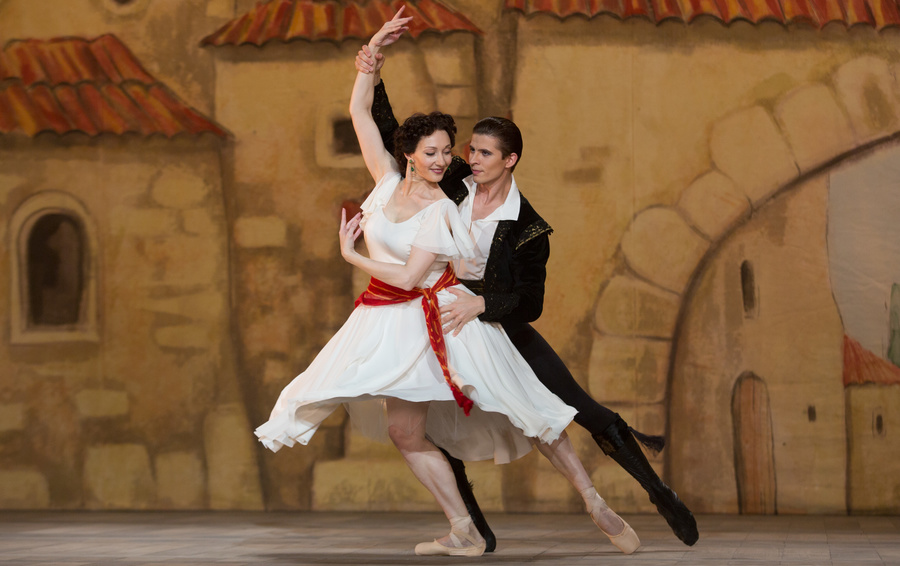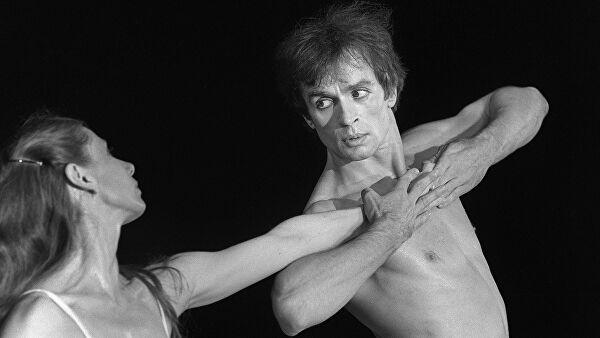“The young man’s secret is that he doesn’t stop for an instant during the whole number, lasting a little over 10 minutes,” – Rudolf Nureyev explained and took off, slid, spread along the stage, captivated the viewer with whimsical lines of languid poses.
What is the secret of human genius? Where is the true magic of disembodied dance? In an aristocratic upbringing or an ideal actor cover letter, hidden here https://resumesbot.com/actor-cover-letter-example/? Inside burning eyes or plastic bends of a dancer?
“Vision of a rose” was unusual for Nureyev, following Nizhinsky he adopted the specific plastic of the ballet androgyne. The world recognized: he was able to perfectly interpret the style of this mini-ballet, inspired by the romantic poem of Theophilus Gauthier. But what is the true genius of Nureyev?

White Raven Magic
He was one of those people who set the tone for the whole era. While still a teenager, Nureyev was not an invisible dancer, an ordinary artist who had to worry about how to list unfinished education on resume or how to apply for an interview. His fame spoke for him.
In 1961, Rudolf Nureyev remained in the West forever. At the Paris Le Bourget airport, being the Prime Minister of the Kirov Theater, he refused to return to his homeland from a tour, during which his performances were a shock to the Western public. World fame awaited him!
He became the star who transformed men’s dance in the twentieth century. It is no coincidence that he was compared with the legendary Vaclav Nizhinsky – the first who made a revolution in the art of ballet, making dancers equivalent to ballerinas.
Indeed, in the XIX century their heroes were called upon only to set off the beautiful female images of Giselle, Aurora, Nikia, and many others. Starting from stately cavaliers – numerous princes and counts, first of all, elegance, noble manners, the ability to gallantly give a hand to a noble lady, gently hold her by the waist and not attract too much public attention, enthusiastically considering the charms of the main character, were required.
Following Nizhinsky, who burst into the Mariinsky Theater like a hurricane and then conquered the world of extraordinary height by leaps, lightning-fast spins, flexibility and sensuality of movements, the appearance of Nureyev made everyone again talk about the genius of dance.
Only he could masterfully and artistically play the part of a young ghost in the miniature “Vision”, or “The Phantom of the Rose”, invented by Mikhail Fokin specifically for Nizhinsky. In the USSR, it was banned for a long time. Now he, a defector, becoming a man of the world, conquered the scene. He appeared in a huge window and charmed with his ghostly dance a lovely girl and Europe. Nureyev not only knew what was the secret of this image, but also could realize it.

Stranger among his own, insider among strangers
Nureyev, still very young, showed his extravagant and at the same time refined taste, it was incomprehensible as having formed in a poorly educated and uncouth Ufa overgrowth. So he came to Leningrad and managed, without sufficient training and academic background, to enter one of the best ballet schools in the world and to graduate brilliantly. He had a star mentor – Alexander Ivanovich Pushkin.
The virtuoso Natalia Dudinskaya, a prima ballerina who reigned supreme in the Kirov Theater, herself offered Rudik (as everyone called him then) to become her partner. For a young and unknown dancer, this meant premiere – he received it by a miracle, bypassing the main stages of his career. But at first, given its Bashkir-Tatar origin, the temperamental and vibrant Rudik was considered only in a characteristic role. Therefore, the roles of the rising star included the roles of Frodonso from Laurencia, the pre-war masterpiece of Vakhtang Chabukiani, and Bazil from the classic Don Quixote of Gorsky-Petip.
In Leningrad, Nureyev then seemed to many a stranger – he was so far from the reality surrounding him, even in the theater. Maybe this predetermined his escape from the USSR. But there were also specific circumstances.
In the end, he chose to escape. In his Autobiography he wrote about him like this: “I took the longest, most exciting jump in my entire career and landed right in the hands of two policemen. “I want to stay,” I said breathlessly. “I want to stay.”
He still had 5 minutes to think about his mother and relatives, friends and relatives whom he would never see – after all, such an escape to the West was tantamount to death at home: the name was extinct from all official documents, photo and film films were lit up, a person and the memory of him was erased … So, breaking off the Soviet life, Nureyev began a new one in an unknown world. The dullness and limitedness of the USSR that pressed on him remained in the past, he chose freedom, fame and money of grandiose proportions that could satisfy his insatiable ambition.
